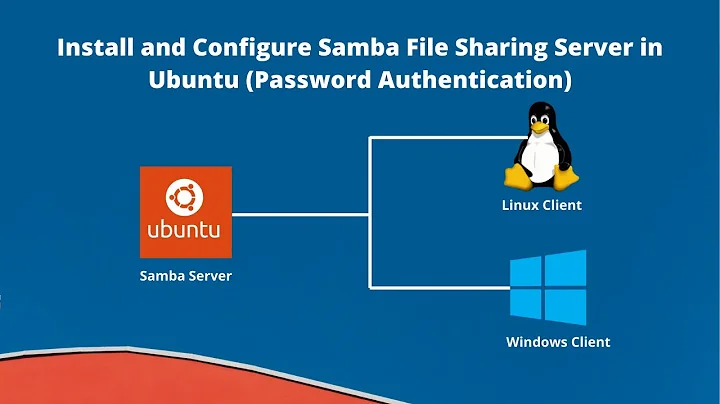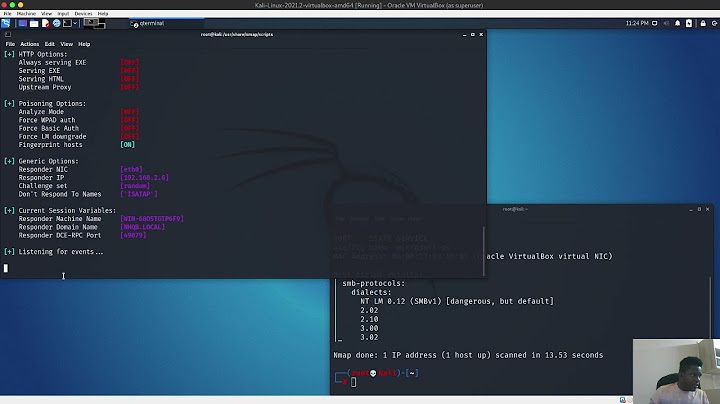How to escape an @ sign in the password field of an smb:// URL
Solution 1
Ah, no, this isn't actually a matter of quoting for Bash, but quoting for Samba. You have this:
lpadmin -p PRINTER -v smb://$username:$password@SERVER -E
which Bash dutifully expands to
lpadmin -p PRINTER -v smb://alice:passw@rd@SERVER -E
and then the Samba client library thinks the password ends at the first @ sign and it's supposed to connect to a server named rd@server, never mind that you can't actually put that name in the DNS.
lpadmin comes from CUPS, not from Samba (here is its manpage) and, reading through those docs a bit, I think you may be able to use this alternate syntax:
lpadmin -p PRINTER -U "${username}%${password}" -v smb://SERVER -E
I'm surprised escaping @ as %40 doesn't work, though. Looks like a bug in the samba client library to me.
Solution 2
I use the cups admin at http://localhost:631/ to add printers. Encoding @ as %40 worked for me.
Related videos on Youtube
Comments
-
codersarepeople about 2 years
I'm trying to write a bash script in which I connect to a samba server, by getting the username and password, then saying $username:$password@SERVERNAME.
However, this will fail if the password has an @ in it. Is there a way to escape the @ out of the password in bash?
Thanks in advance
Update: I'm setting up this network printer
lpadmin -p PRINTER -v smb://$username:$password@SERVER -Eand it works except in the case that $password has an @ sign in it; the $username and $passwords variables are gotten from reading stdin
-
 Jonathan Leffler over 13 yearsI think the problem is not in bash but in getting Samba to recognize which '@' is in the password and which '@' marks the end of the password. And I doubt there's a way to do it, but if there is, you will need to look at the Samba manuals for the information. 'Doctor, doctor, it hurts when I hit myself like this'? Or, in other words, do not use '@' in the password because it causes grief.
Jonathan Leffler over 13 yearsI think the problem is not in bash but in getting Samba to recognize which '@' is in the password and which '@' marks the end of the password. And I doubt there's a way to do it, but if there is, you will need to look at the Samba manuals for the information. 'Doctor, doctor, it hurts when I hit myself like this'? Or, in other words, do not use '@' in the password because it causes grief. -
TOMKA over 13 yearsMaybe try replacing all
@with%40... I don't think it'll work but maybe that's the go. Use$password=${password//@/%40}to replace them.
-









